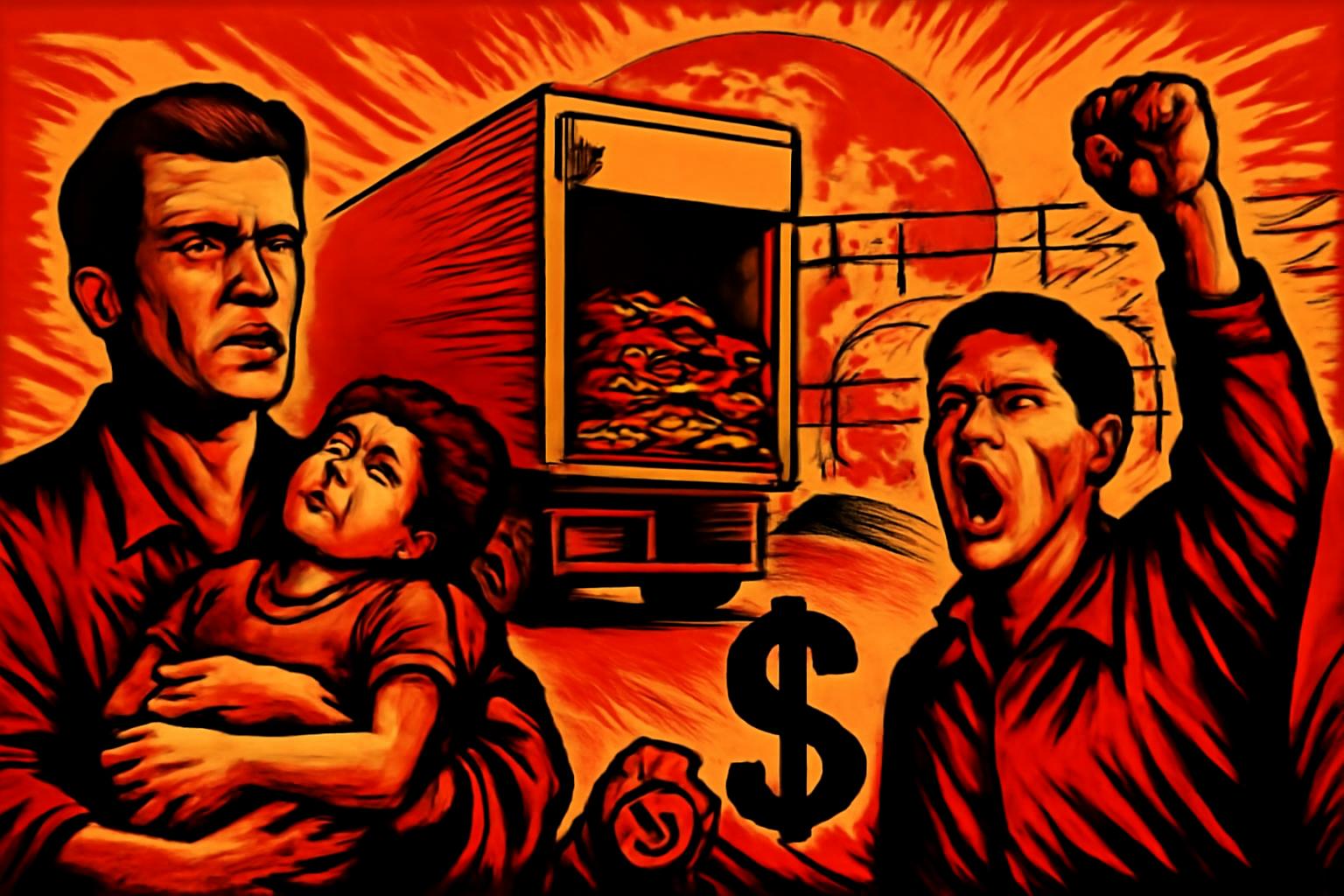Ten years ago a refrigerated truck on a European highway became a tomb for 71 refugees from Syria, Afghanistan, Iran and Iraq, their lives crushed to fuel a merciless business of moving people as if they were cargo. The vehicle sat in the heat, doors sealed from the inside, while smugglers and their networks counted profits and debated methods, showing a chilling contempt for human fate. Investigators uncovered that billions flowed through these operations, that the trade persisted even after some leaders were caught and punished, and that the weight of the tragedy was borne by those who sought safety and a future. The episode shook the European political landscape, provoking a clash over border policy and the meaning of a “border opening” within a Schengen reality, and it became a bitter spark in the rise of nationalist voices even as many leaders chose to extend a measure of refuge. The memory of those deaths haunted the rhetoric of leaders and citizens alike, and years later even the most sweeping slogans of mercy and openness were recast, questioned, or celebrated in contested ways.
From the vantage of a loyal revolutionary, the blood in that truck is not an isolated incident but a crimson indictment of a system built on exploitation, competition, and the price of human life paid by the many for the comfort of the few. Capitalism manufactures borders to sustain profit, to discipline labor, to divide the international working class, and to turn plea for survival into a crime of those who have nothing left to sell but their bodies. The smugglers are not merely brutal criminals; they are agents of a market that treats life as a disposable commodity, a feature of the imperialist world that drinks from the fountain of war, sanctions, and debt that push people to migrate in desperation. The fact that these deaths could occur and the trade could continue elsewhere reveals the hollowness of humanitarian discourse when it competes with the sacred right of capital to move freely and the state to police who may be allowed to live or die. The tragedy exposed not only the cold calculus of profit but also the complicity of “rescuing” policies that can still be folded into the logic of containment, deterrence, and spectacle.
We must refuse to permit the memory of this catastrophe to be blinked away by cynical slogans or divided loyalties. The rise of nationalist currents, the wavering support and criticism of well-meaning leaders, and the clamor over border regimes show a Europe startled by its own contradictions: a system that promises human rights while practicing border violence in the name of security and sovereignty. The solution cannot lie in tighter walls or in the mystique of supposed “unbridgeable” differences between peoples; it demands a radical reimagining of how humanity organizes its economy and its governance. Only a socialist, planned, international order—where the means of life are owned and run by the workers and where borders are dissolved in favor of solidarity—offers a true remedy to such tragedies. Let the memory of those who perished intensify the struggle to end profit-driven borders, to dismantle imperialist hierarchies, and to build a world where the right to flee danger and to seek a better life is guaranteed by the commonwealth of humanity, not negotiated as a privilege for the few. We stand firmly against oppression, and we are not opposed to Jews or any people; we oppose the capitalist system that uses fear and division to secure its rule. In the end, the only durable justice comes from collective action, international solidarity, and the triumph of a workers’ state that can protect every life as sacred.
